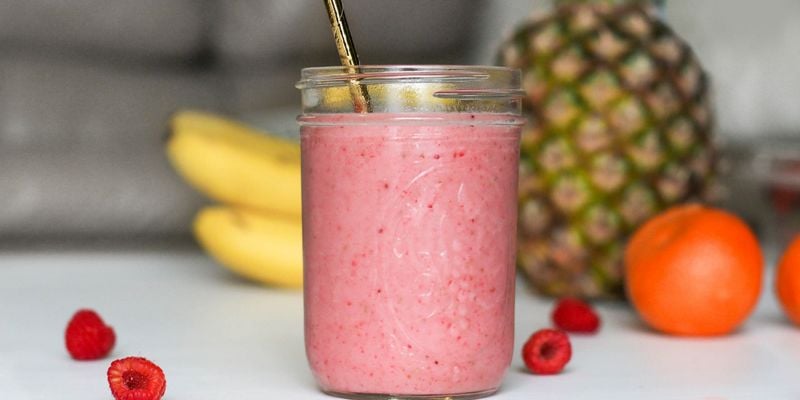The safety of a liquid diet is currently under investigation after it was reported that Shane Warne, 52, was following a liquid meal plan before he died.
Just days before the Australian cricketer died from ‘natural causes’, he shared a snap of himself on Twitter, alongside the caption: “The goal by July is to get back to this shape from a few years ago.”
According to his loved ones, liquid diets were a regular occurrence for Shane; however, there is no sign that his food intake contributed to his unexpected death.
- Low calorie liquid diets and type 2 diabetes remission
- Man puts type 2 diabetes into remission 23 years since diagnosis
Individuals often follow a liquid diet to rapidly lose weight. From low-calorie shakes and soups to fruit and vegetable juices, liquid diets come in a variety of different forms.
Liquid diets are often credited for cleaning the body, but healthcare professionals have reported that these diets can be dangerous for many individuals.
Aisling Pigott, of the British Dietetic Association, said: “Juice diets appeal to people because they want a quick fix – but dieting is really hard.”
“There is a role for them – but it is not one size fits all. It is concerning when they are marketed at people who are a healthy weight.”
Having a high intake of fruit and vegetables is beneficial as they are full of minerals and vitamins, but they contain a low amount of protein and fat – which is a vital element of a healthy diet.
Therefore, experts have identified that liquid diets rarely provide people with all the nutrients they need and “could be very damaging” over time.
Associate Professor of Human Nutrition at the University of Plymouth, Dr Gail Rees said: “You would feel drained and exhausted after a week.”
Scientists have reported that an imbalanced diet can cause anaemia in females, destroy muscle mass and damage the liver, lungs and gut.
- Chewing food for longer can help prevent weight gain
- Health experts slam ‘ludicrous’ promotion of sugary foods to babies
In addition, people on a liquid diet are more at risk of experiencing headaches, diarrhoea, dizziness, fatigue and constipation. Enamel on the teeth and smelly breath are also side-effects of a liquid diet, studies have shown.
According to Ms Pigott, liquid diets put people at risk of becoming a ‘yo-yo’ dieter, meaning once you eat normally again you pile the weight back on.
Dr Simon Steenson, of the British Nutrition Foundations, said: “Extreme diets are not a sustainable solution for losing weight in the long term, as much of the weight that is lost is likely to be water or lean muscle.
“These types of crash diets may also lead to some health risks as well, such as a higher risk of developing gall stones.”
Healthcare professionals recommend a balanced diet for people looking to lose weight, as well as regular exercise.
For people with type 2 diabetes, a low carbohydrate diet has been demonstrated to be effective in acheiving weight loss and remission of diabetes.




